Recognition Awards
Recognition Award Recipients
The 2026 Award cycle is CLOSED
Awards cycle CLOSED on Monday, September 29, 2025.
Questions? Contact us at nominations@asts.org!
2025 Pioneer Award: Christian Larsen, MD, DPhil, FACS
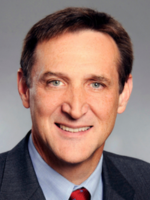 Dr. Larsen is a professor of surgery in the Division of Transplantation at Emory University School of Medicine and affiliate scientist at Emory National Primate Research Center.
Dr. Larsen is a professor of surgery in the Division of Transplantation at Emory University School of Medicine and affiliate scientist at Emory National Primate Research Center.
He attended medical school at Emory University School of Medicine as well as receiving a Doctor of Philosophy degree from University of Oxford.
His research focuses on understanding the mechanisms involved in initiation and maintenance of T cell responses.
Francis Moore Excellence in Mentorship in the Field of Transplantation Surgery Award

Stephan Busque, MD, MSc
Stanford University School of Medicine
Stéphan Busque, MD, MSc, FRCSC, is a Professor of Surgery in the Division of Abdominal Transplantation at Stanford University, where he serves as Surgical Director of the Adult Kidney, Islet, and Pancreas Transplant Program and Director of Clinical Research for the division. Dr. Busque earned his MD degree from the Université de Montréal, where he also completed his general surgery training. He subsequently undertook a research fellowship in transplant immunology at the McGill Center for Clinical Immunobiology, followed by a clinical fellowship in abdominal transplantation at the California Pacific Medical Center in San Francisco under the mentorship of Drs. Carlos Esquivel and Oscar Salvatierra.
Dr. Busque returned to the Université de Montréal to practice in the transplant units at Notre-Dame Hospital and Sainte-Justine Pediatric Hospital before returning to the U.S. West Coast in 2001. His research focuses on optimizing clinical immunosuppression and advancing strategies to induce immunological tolerance following kidney transplantation.
Throughout his career, Dr. Busque has contributed extensively to education and mentorship, training more than 30 surgical transplant fellows and 10 nephrology transplant fellows, and mentoring numerous junior faculty members. He remains committed to extending mentorship and knowledge sharing across the multidisciplinary spectrum of transplant care delivery.
Pipeline Award
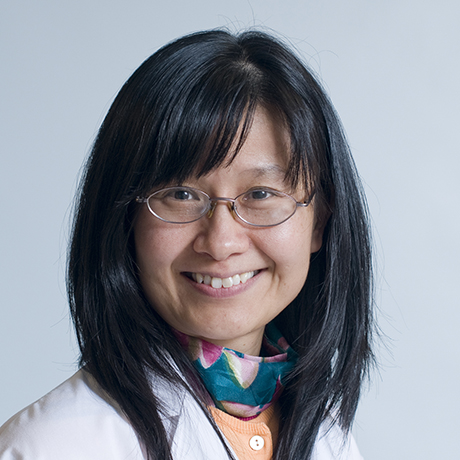
Heidi Yeh, MD
Massachusetts General Hospital
Dr. Yeh is the Surgical Director of Pediatric Transplant and the Associate Director of the Liver Program at Massachusetts General Hospital. She did all of her training from medical school through her first year as faculty at the University of Pennsylvania. Her funded research interests include liver preservation and repair, and access to transplantation, but she is always excited to learn about other topics!
Access to Transplantation Award
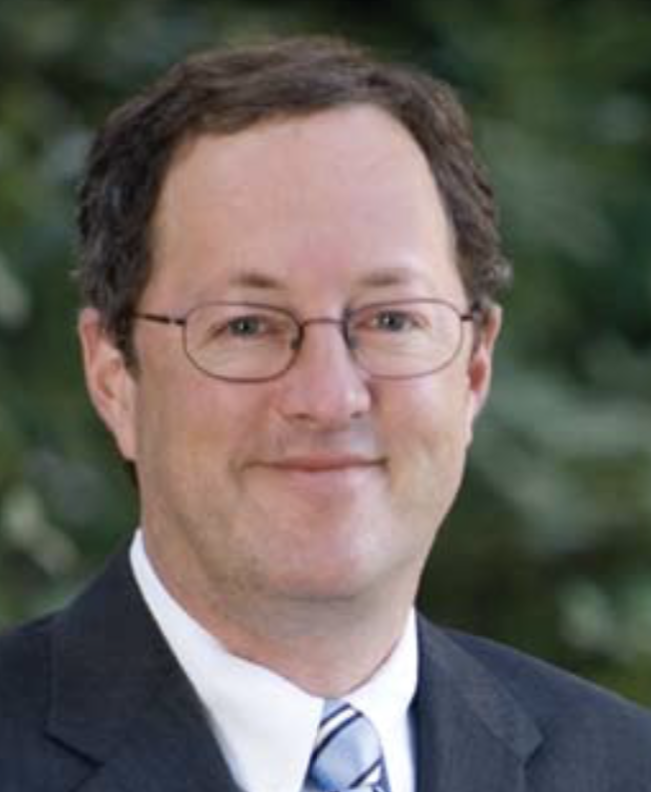
Jeffrey D. Punch MD
University of Michigan
Rising Stars in Transplantation Surgery Award
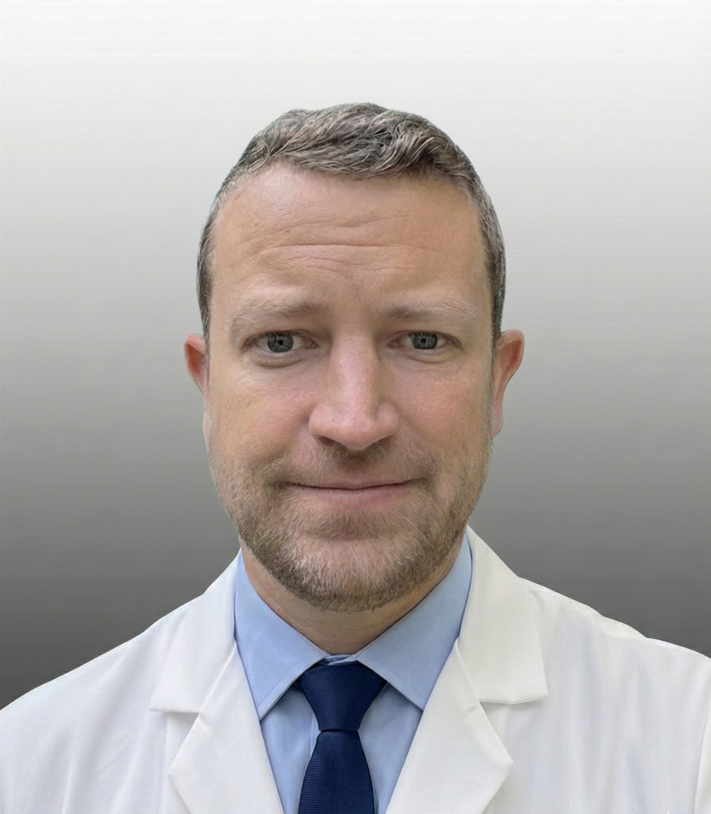
James M. Gardner, M.D., Ph.D.
University of California San Francisco
Vanguard Prize
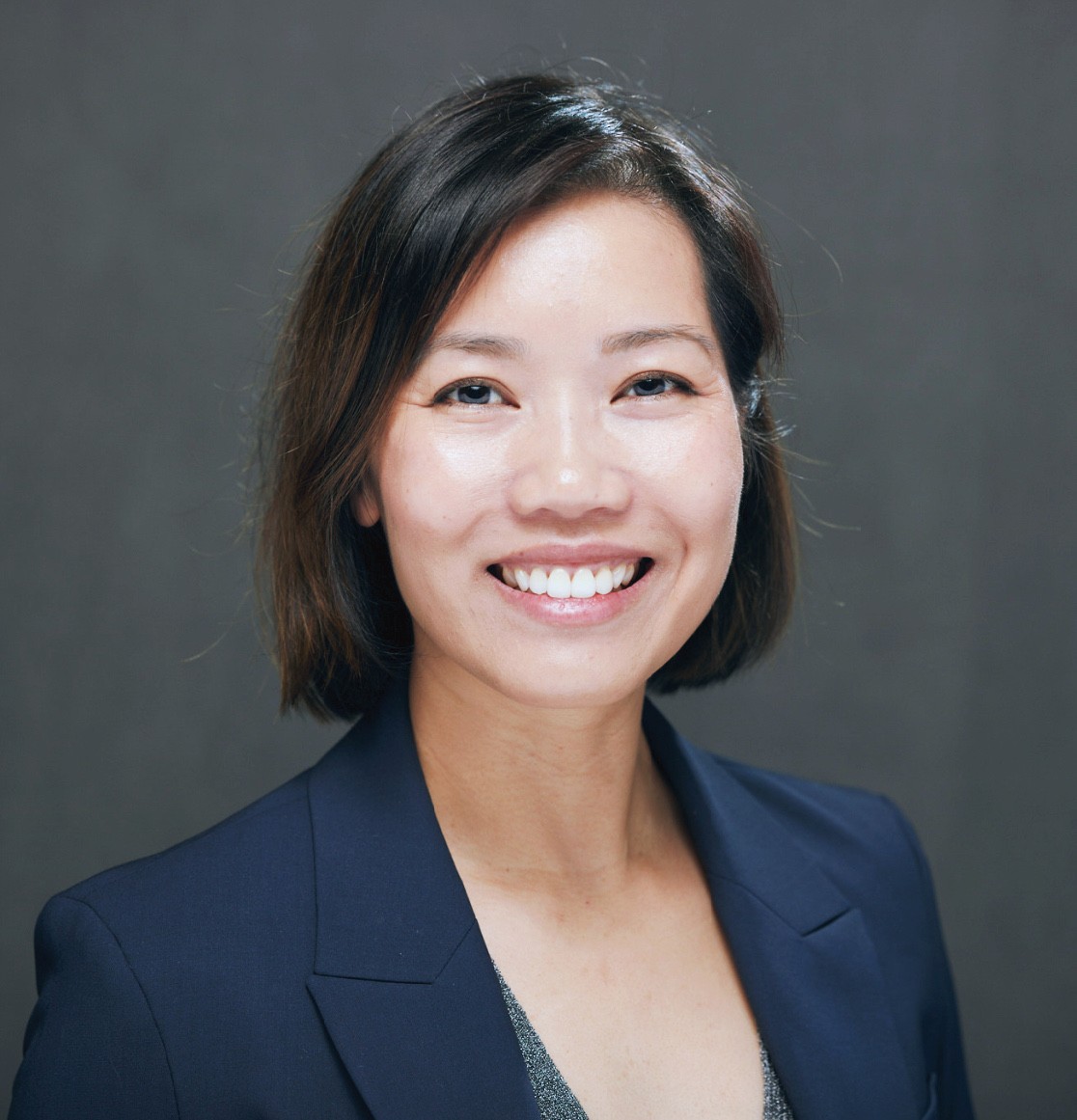
Michelle C. Nguyen, MD MPH FACS
Mayo Clinic Arizona
Advanced Transplant Provider Award
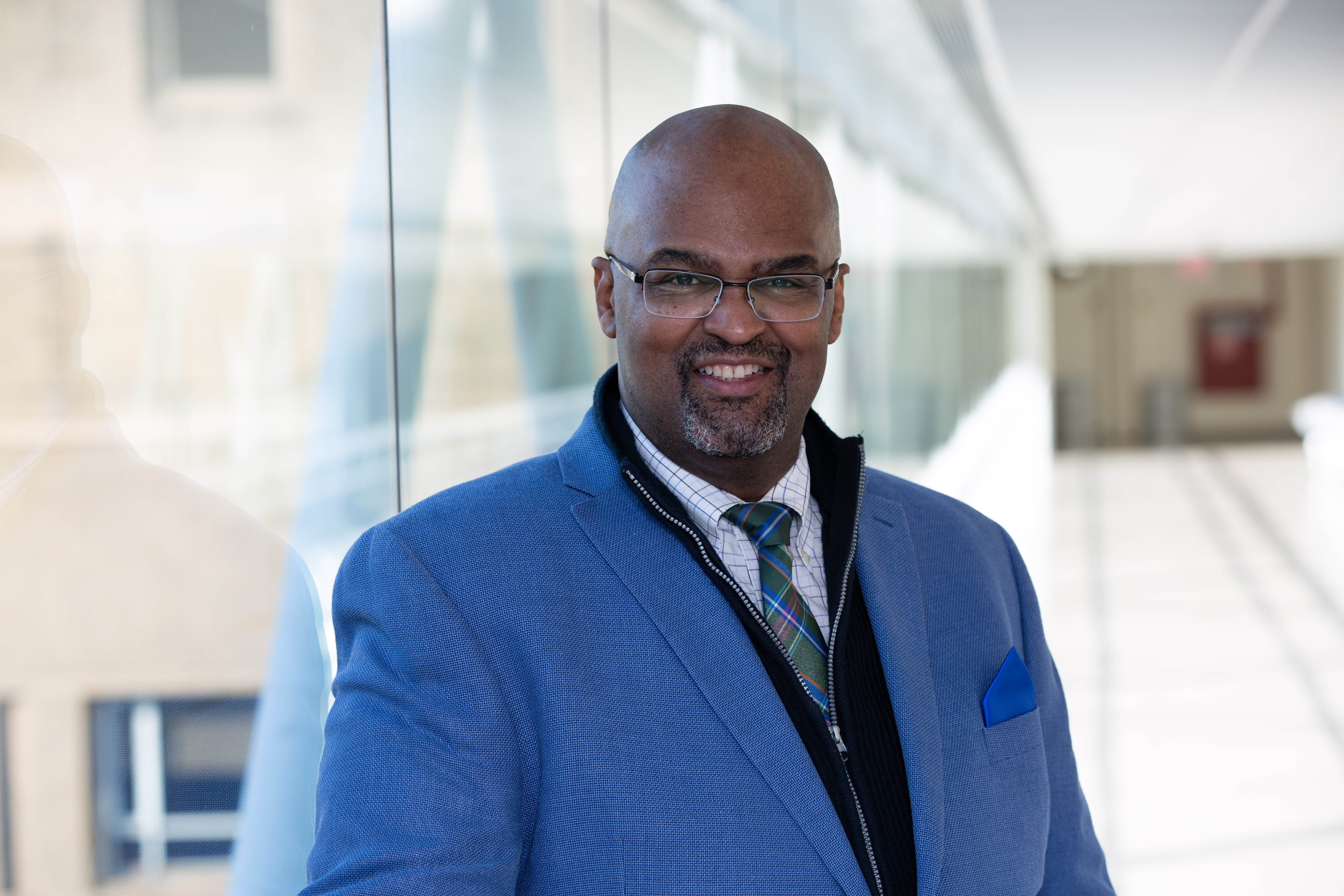
Daryle M. Blackstock, PhD, MPH, PA-C, CCTC
New York Presbyterian Hospital - CUIMC, CHNY, & WMC
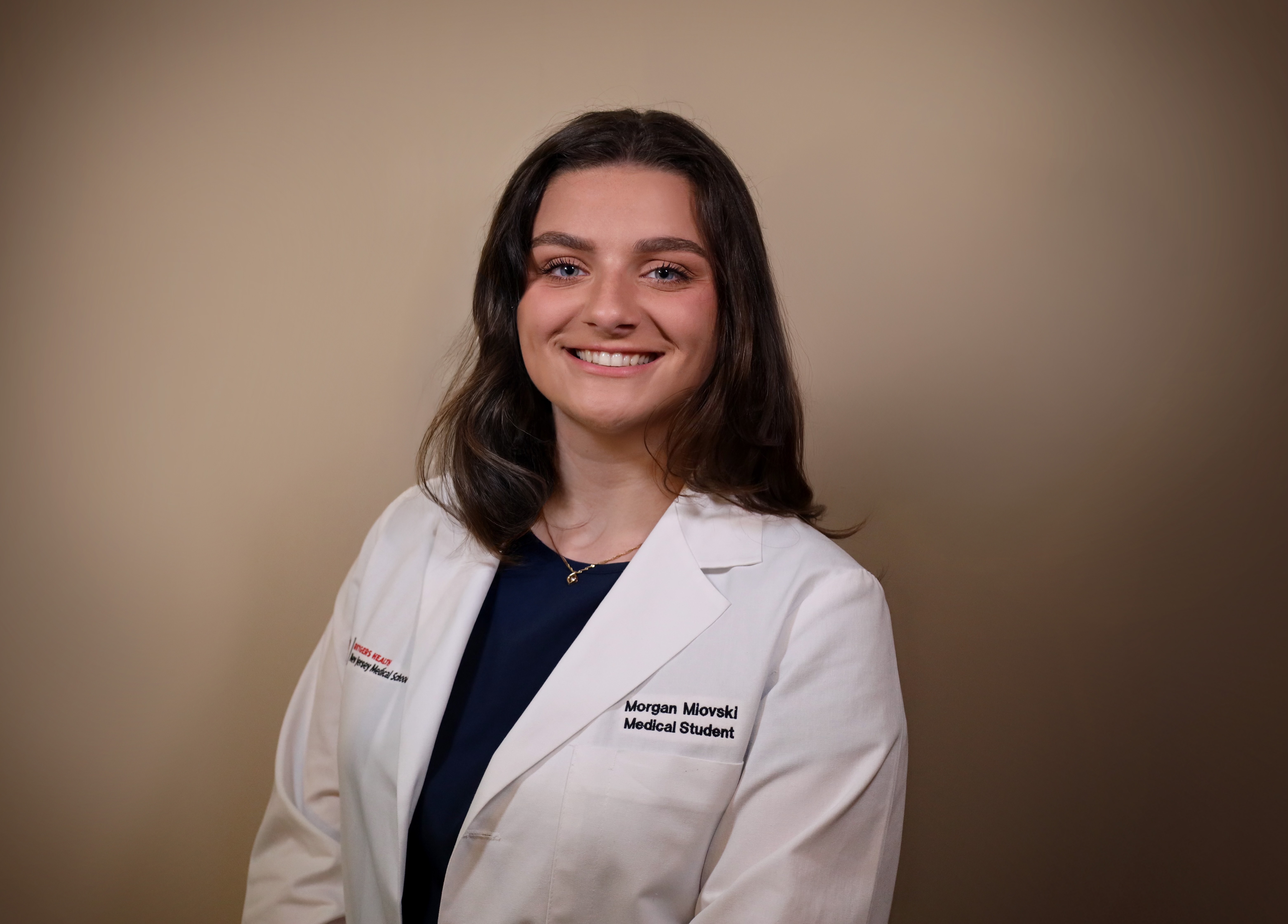
Morgan S. Miovski, B.S.
Rutgers New Jersey Medical School

Sarah Tsou, MD
Brigham and Women's Hospital
Sarah Tsou is a general surgery resident at the Brigham and Women’s Hospital, where she is currently spending her research years in the Transplant Surgery Research Laboratory under the mentorship of Dr. Stefan G. Tullius. She completed her undergraduate studies at Harvard College, graduating with a degree in the History of Science, before going on to medical school at the University of California, San Francisco. Now, as a general surgery resident with a clinical interest in transplantation, her research focus lies in the potential to manipulate the immune system and address the biological complexities of aging and cellular senescence, in order to enhance the effectiveness and longevity of transplanted organs. In her free time, she enjoys exploring new cafes and coffee shops, crochet/embroidery, and attending live theater performances.
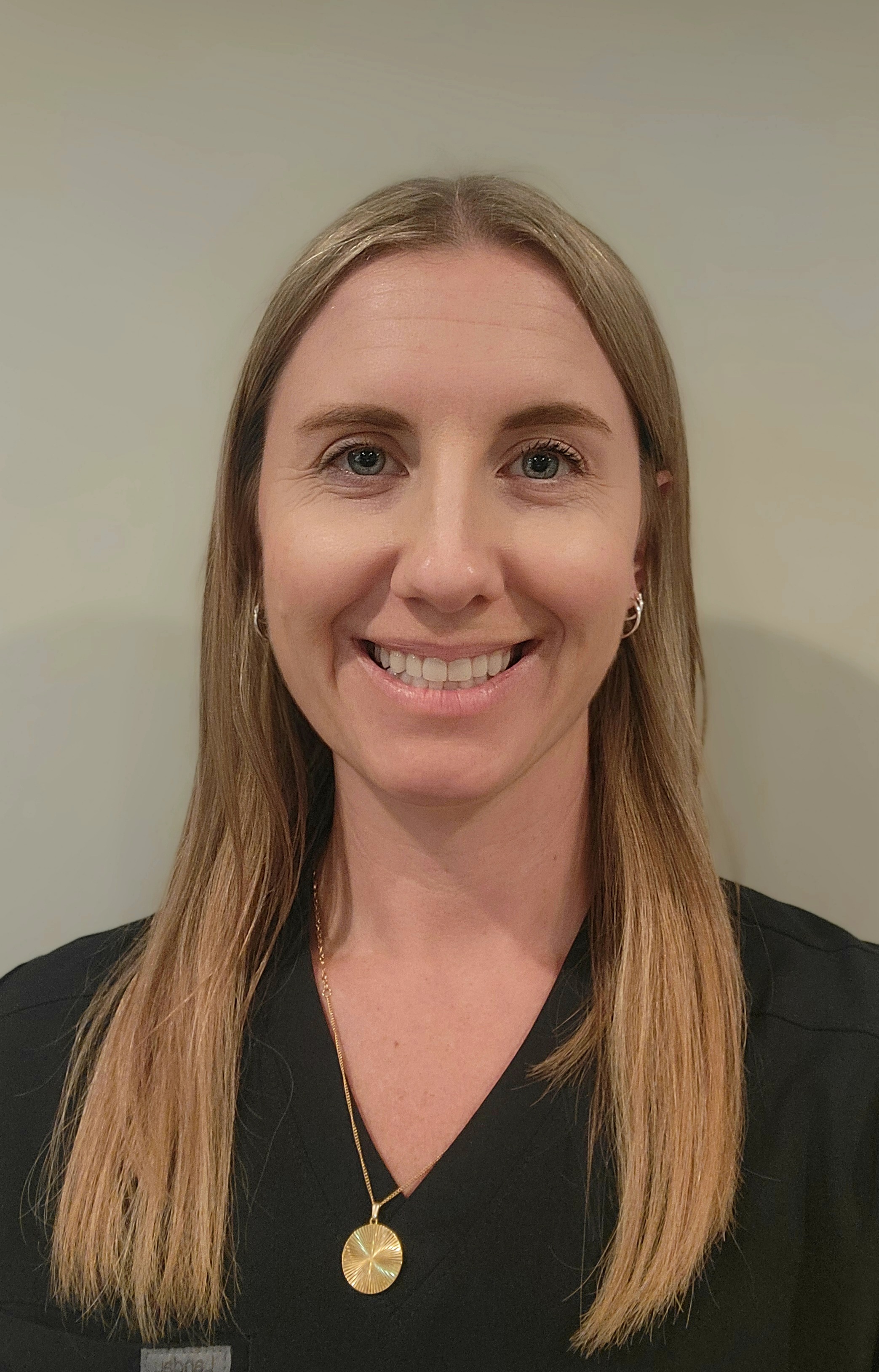
Heidi Sarumi, MMS, PA-C
University of Minnesota